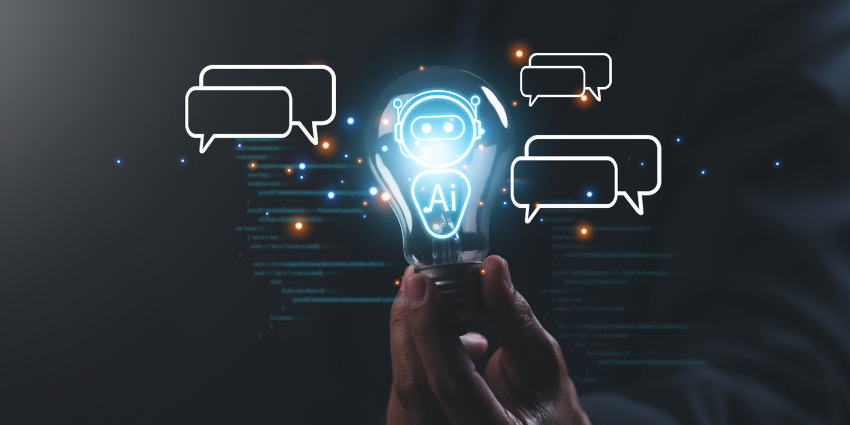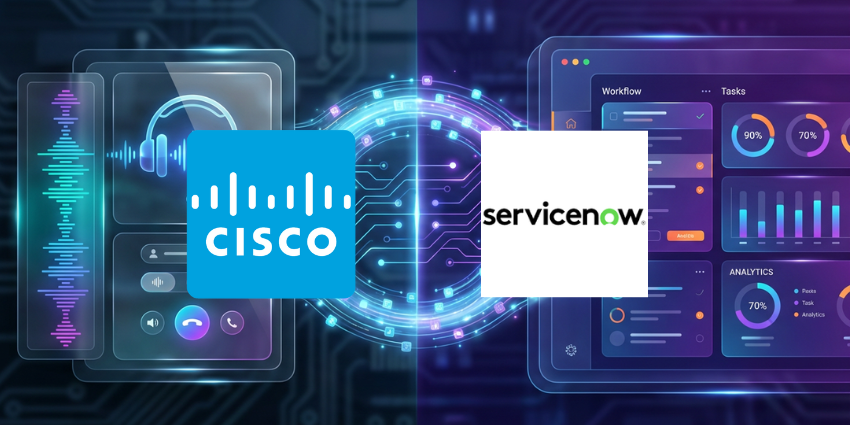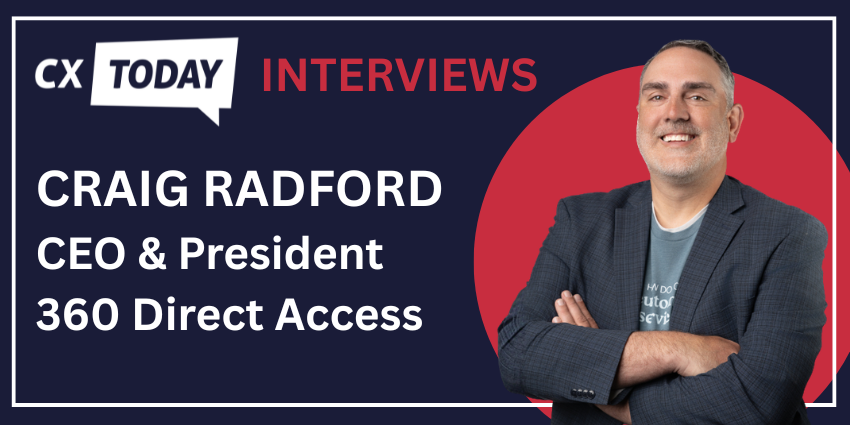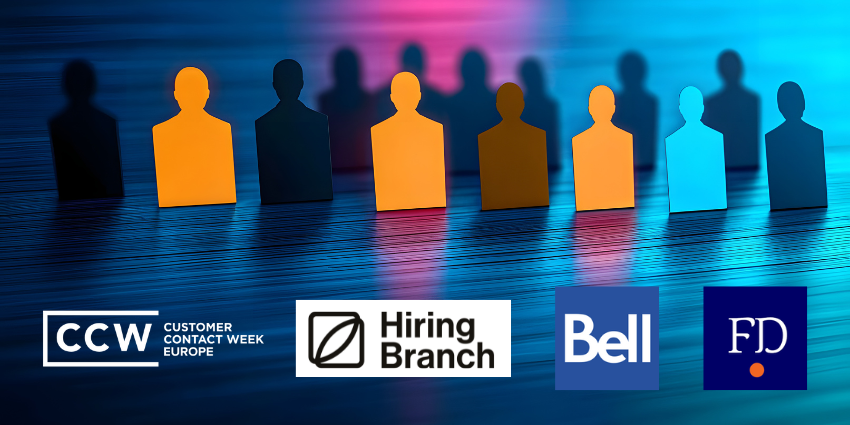The AI Hiring Dilemma in Contact Centers
Every interaction in contact centers shapes brand perception. To streamline hiring, businesses are increasingly turning to AI, often defaulting to large language models (LLMs) like OpenAI’s GPT or Google’s Flan T5-Large. While these models excel at processing language, they fall short where it matters most in customer service: soft skills assessment.
Emotional intelligence, adaptability, and conversational nuance—essential traits for customer-facing roles—are difficult for LLMs to evaluate. This has led to a shift: smaller, specialized AI models are proving more effective in hiring for communication-heavy roles.
Soft Skills: The Make-or-Break Factor in Contact Centers
Contact center agents must think on their feet, de-escalate conflicts, and build rapport across multiple channels. As companies adopt skills-based hiring, recruiters prioritize abilities over credentials. Yet, many AI-driven hiring tools struggle to measure soft skills accurately, leading to poor job matches, high attrition, and weaker customer interactions.
This highlights a critical issue: bigger AI models don’t always mean better hiring decisions.
The LLM Limitations: Why General AI Models Fall Short
LLMs are trained on broad, general-purpose datasets, not real-world customer interactions, making them powerful for text generation but flawed for hiring. This has led to three key hiring challenges:
- Lack of Role-Specific Accuracy – LLMs evaluate language fluency but struggle to measure active listening, emotional intelligence, and conversational adaptability—all of which define customer service success.
- Bias and Overgeneralization – These models reflect biases in training data, prioritizing language skills over role-specific competencies.
- More Data ≠ Better Hiring Decisions – Smaller, specialized AI models trained on targeted datasets often deliver more precise hiring insights than an LLM processing vast amounts of unrelated text.
These limitations are fueling a shift toward industry-specific AI models tailored for recruitment.
Smaller AI Models Are Outperforming LLMs
Emerging research shows that smaller, targeted AI models are delivering more accurate hiring outcomes. Examples include:
- HiringBranch: their purpose-built AI, tailored specifically for contact center hiring, achieved 32-50% greater accuracy in soft skill assessment than leading LLMs. The model also improved job matching and reduced attrition.
- Eightfold AI: The company’s Talent Intelligence Co-Pilots leverage deep-learning to assess role-specific skills, predict job performance, and reduce hiring bias—offering a more targeted alternative to general LLMs.
- Paradox AI: Their flagship product, ‘Olivia’, a conversational AI assistant, streamlines candidate screening with a smaller, specialized model that maintains a human-like touch. This enhances automation without losing personalization.
The trend is clear: Precision beats scale in AI-driven hiring.
Industry Expert Perspective: Smarter AI, Not Just Bigger AI
Experts agree that AI built for the job delivers better results than one-size-fits-all models. Assaf Bar Moshe, PhD Scientist and Chief Research & Development Officer at HiringBranch, notes:
“What we learned from our experiments was that LLMs do not work well enough for measuring soft skills. Overall there is a lot of hype around LLMs, and they are good for general problems but for specific problems, a dedicated corpora is needed.”
For contact center leaders and HR professionals, the key takeaways are:
- Industry-Specific AI Works Better – Focused AI models outperform generic LLMs in hiring for customer service roles.
- Smaller AI Reduces Hiring Risks – More precise job matching lowers turnover and improves customer interactions.
- AI Should Enhance, Not Replace, Human Judgment – The best AI solutions support fair, accurate hiring decisions rather than making them in isolation.
Rethinking AI in Hiring
AI hiring is evolving, and bigger isn’t always better. Smaller, specialized AI models consistently outperform LLMs for roles requiring soft skill evaluation.
For businesses optimizing recruitment, the goal isn’t just automation—it’s smarter, more informed hiring. The clear takeaway here is this: invest in AI that understands the unique demands of contact centers. The future of AI in hiring lies in precision, not just scale, ensuring better workforce stability and stronger customer experiences.







